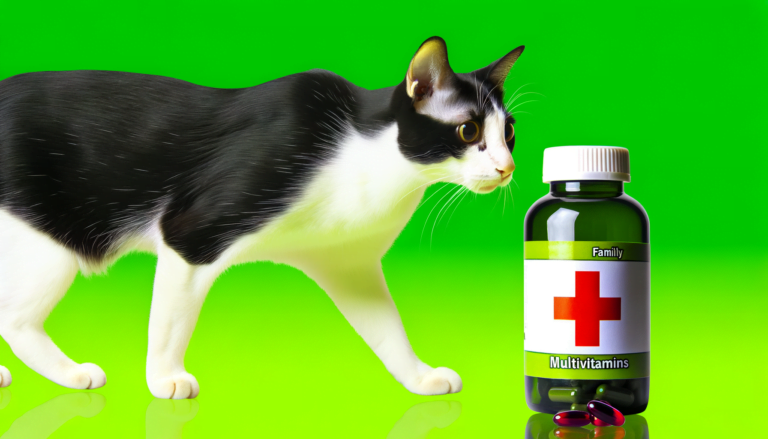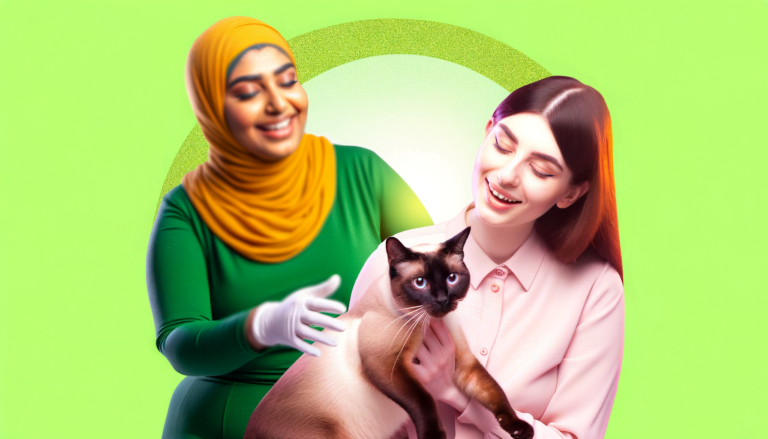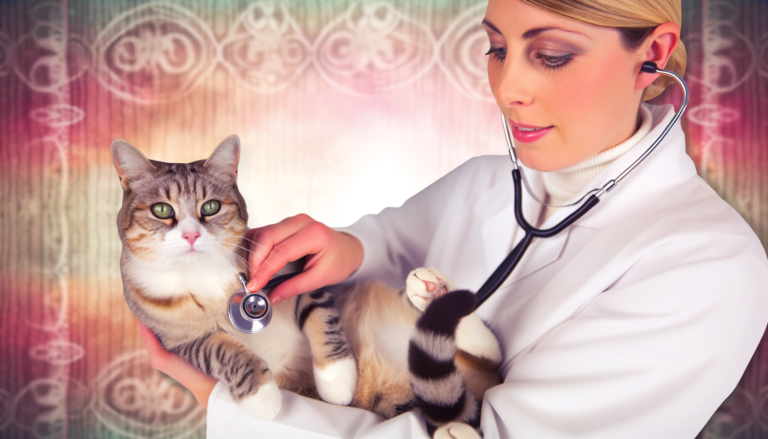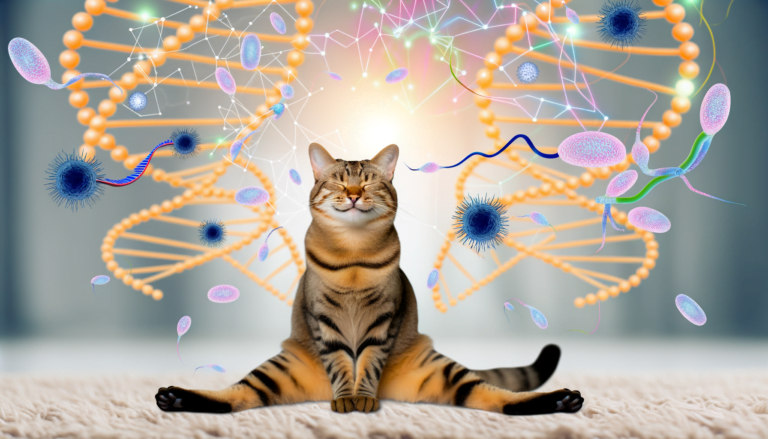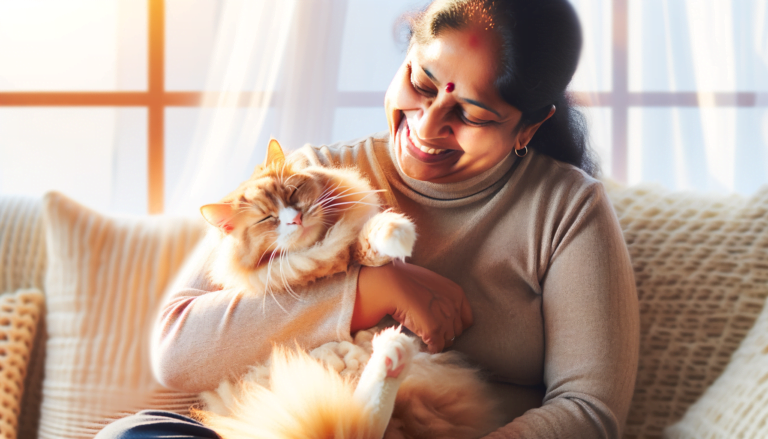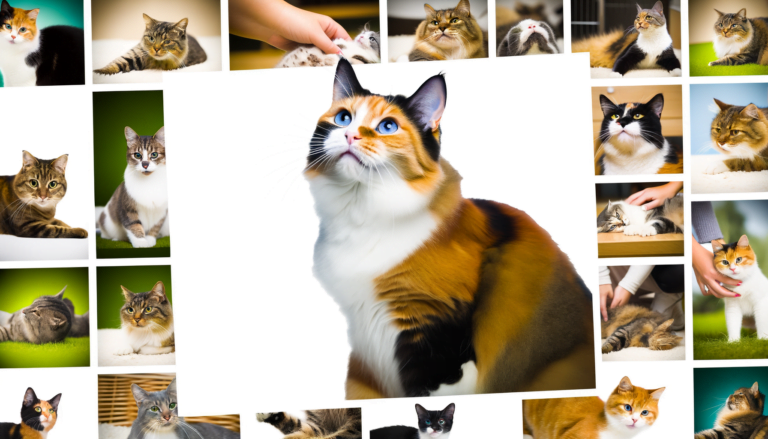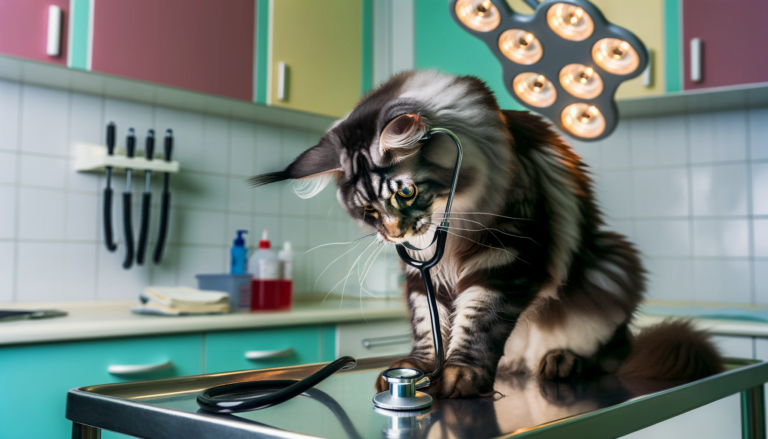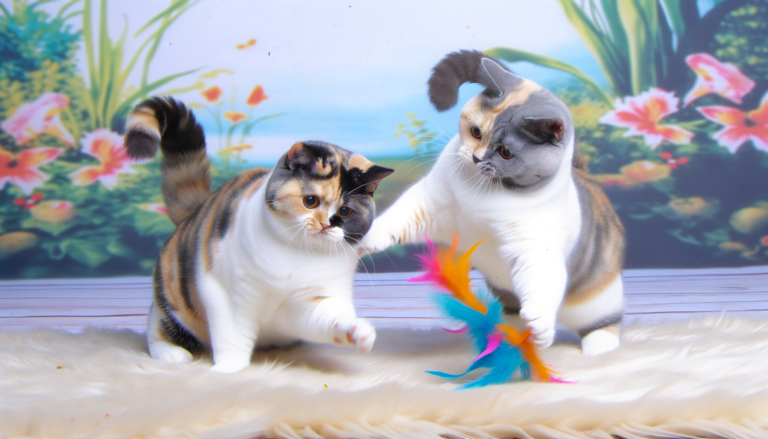Unveiling the Truth: Are Cats Detrimental to Your Health?
No, cats are not inherently bad for health. On the contrary, they can provide numerous health benefits. Studies show that owning a cat can decrease stress levels, contribute positively to emotional well-being, and even lower the risk of certain cardiovascular diseases. However, as with any pet, precautions need to be taken to ensure hygiene and prevent possible allergies. The key is responsible pet ownership, which includes regular veterinary check-ups and keeping living spaces clean and free from parasites.
